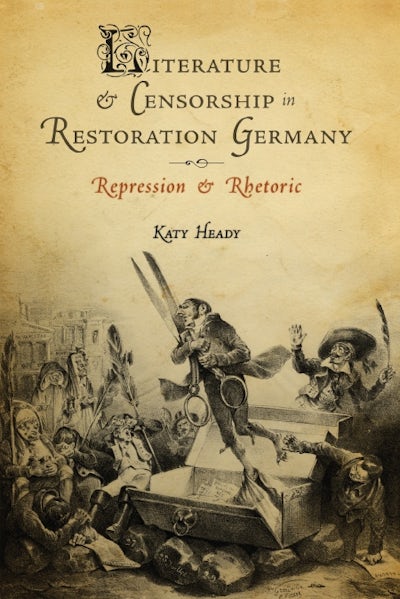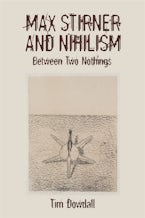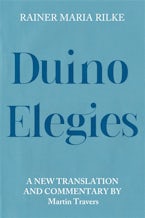
Title Details
230 Pages
22.8 x 15.2 cm
Series: Studies in German Literature Linguistics and Culture
Series Vol. Number:
48
Imprint: Camden House
Literature and Censorship in Restoration Germany
Repression and Rhetoric
- Description
- Contents
- Reviews
The effects -- both inhibitory and creative -- of the 1819-1848 censorship on German-language literary writing.
In 1819, the German Confederation promulgated the infamous "Carlsbad Decrees," establishing censorship standards aimed at thwarting the political aspirations of post-Napoleonic Germany's rapidly emerging public sphere. This most comprehensive system of state censorship to that point in German lands remained in place until the revolutions of 1848, and is widely acknowledged to have had a profound influence on public discourse. However, although censorship during the period has been the object of much scholarly interest, little is known about its precise effects on literary writing. This book redresses that situation through detailed studies of six works composed and published in different parts of the Confederation by three prominent writers: Christian Dietrich Grabbe, Heinrich Heine, and Franz Grillparzer. By analyzing successive versions of these works, the study illustrates the thematic, linguistic, and aesthetic constraints censorship placed upon their writing, as well as the variety of literary evasion strategies that it stimulated. It demonstrates that while censorship inhibited and distorted German literary writing, it also led to the emergence of distinctively complex and inventive modes of literary expression that came to mark the epoch.
Katy Heady received her PhD in German from the University of Sheffield in 2007.
In 1819, the German Confederation promulgated the infamous "Carlsbad Decrees," establishing censorship standards aimed at thwarting the political aspirations of post-Napoleonic Germany's rapidly emerging public sphere. This most comprehensive system of state censorship to that point in German lands remained in place until the revolutions of 1848, and is widely acknowledged to have had a profound influence on public discourse. However, although censorship during the period has been the object of much scholarly interest, little is known about its precise effects on literary writing. This book redresses that situation through detailed studies of six works composed and published in different parts of the Confederation by three prominent writers: Christian Dietrich Grabbe, Heinrich Heine, and Franz Grillparzer. By analyzing successive versions of these works, the study illustrates the thematic, linguistic, and aesthetic constraints censorship placed upon their writing, as well as the variety of literary evasion strategies that it stimulated. It demonstrates that while censorship inhibited and distorted German literary writing, it also led to the emergence of distinctively complex and inventive modes of literary expression that came to mark the epoch.
Katy Heady received her PhD in German from the University of Sheffield in 2007.
Sex, Religion and Violence: Christian Dietrich Grabbe's Herzog Theodor voon Gothland
The Denomination of the Devil: Christian Dietrick Grabbe's Scherz, Satire, Ironie und tiefere Bedeutung
"Was soll ich nicht sagen?": Heinrich Heine's Briefe aus Berlin
Smuggling or Stalemate?: Heinrich Heine's Reise von München nach Genua
Too Nice a King for the People?: Franz Grillparzer's König Ottokars Glück und Ende
The Artist Fights Back: Franz Grillparzer's Des Meeres und der Liebe Wellen
Conclusion
Bibliography
Index
The Denomination of the Devil: Christian Dietrick Grabbe's Scherz, Satire, Ironie und tiefere Bedeutung
"Was soll ich nicht sagen?": Heinrich Heine's Briefe aus Berlin
Smuggling or Stalemate?: Heinrich Heine's Reise von München nach Genua
Too Nice a King for the People?: Franz Grillparzer's König Ottokars Glück und Ende
The Artist Fights Back: Franz Grillparzer's Des Meeres und der Liebe Wellen
Conclusion
Bibliography
Index
"Well executed, lucidly written, and thoroughly researched. . . . Heady penetrates . . . intimately into the authorial experience of censorship in ways that contribute to our understanding of the misery of writing in the Metternich era." Jeffrey L. Sammons, MODERN LANGUAGE REVIEW
"Superb. . . . Offers new insights into the long nineteenth century and its official state apparatuses, as it shows how states tried to control writing and performances they deemed inappropriate or threatening. [The two chapters on Heine] should be compulsory reading for anyone engaged in Heine studies, because they recover how Heine challenged his contemporaries' politics and attitudes. . . . Overall, this volume offers historically nuanced readings of texts involved in various public-political processes, and it models how politics and textual practices can be studied together. . . . Heady demonstrates what kinds of research and writing need to be done to substantiate claims about authors' political consciousness and textual engagement. This text is a must for any research library and a must-read for scholars of the nineteenth century." Katharine Arens, MONATSHEFTE
Hardcover
9781571134172
November 2009
£85.00 / $99.00
Ebook (EPDF)
9781571137456
November 2009
£24.99 / $29.95
Title Details
230 Pages
2.28 x 1.52 cm
Series: Studies in German Literature Linguistics and Culture
Series Vol. Number:
48
Imprint: Camden House













